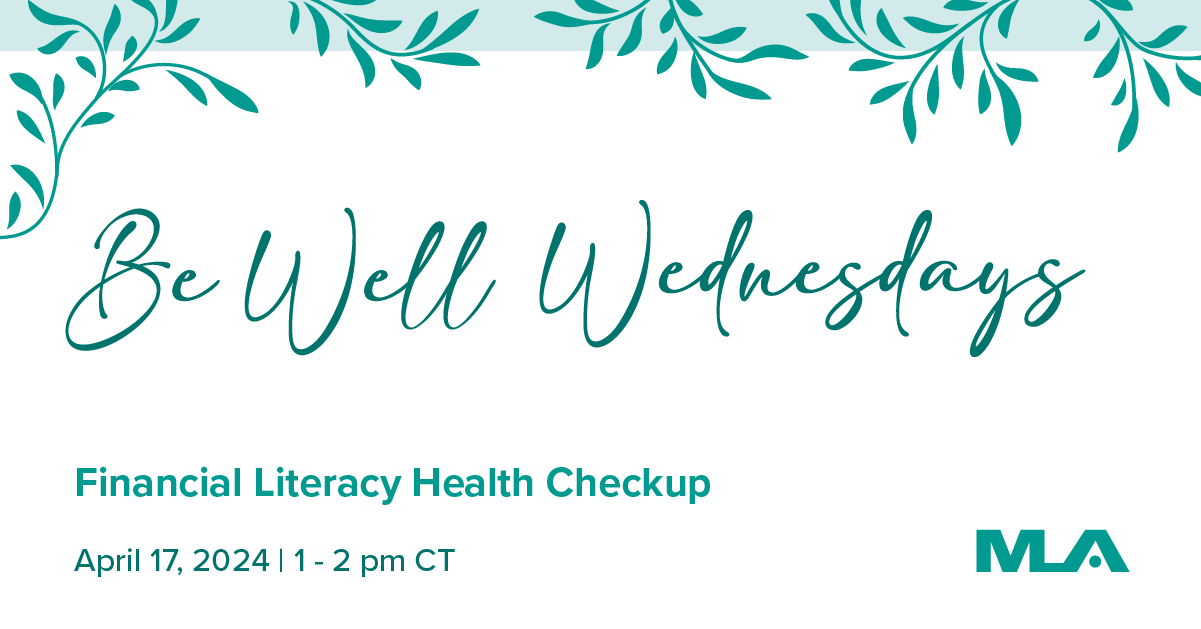By Jane Morgan-Daniel, Alissa Fial, Michael S. Fitts, & Monica Riley, MLA DEI Committee
The MLA Diversity Equity and Inclusion (DEI) Committee are interested in what types of strategies libraries and library associations are using to encourage diverse leadership. To find and collate strategies, a process for reviewing LIS literature and websites of professional organizations was developed. First, electronic databases were searched for literature on libraries, diversity, underrepresented groups, and leadership published between 2015-2021:
- ERIC
- Library Literature & Information Science
- LISTA
- Web of Science
- Google Scholar
Further resources were also identified, including specific library journals and the websites of library professional organizations (ALA, CHLA, CILIP, EAHIL, IFLA).* Once the search was completed, the group read over 50 articles and summarized findings.
Many articles discuss populations underrepresented in library leadership, including but not limited to people who identify as AAPI, BIPOC, Latinx, LGBTQIA+, and women.* Lack of diversity was considered an issue at all levels of leadership, such as amongst emerging leaders, supervisors, managers, directors, administrators, and association committees, task forces, panels, and boards.
The following strategies for fostering diverse leadership were suggested in the literature:
Developing Relationships and Uplifting Others
- Amplify the voices and leadership journeys of leaders with diverse identities
- Create frequent opportunities for interaction with senior leadership to build individuals’ confidence and networking skills
- Develop leadership forums for underrepresented groups to create space for engagement and feedback
- Identify equity champions at all leadership levels, especially in senior leadership
Mentorship and Sponsorship
- Develop a culture of peer-to-peer mentorship, as well as senior to early-career mentorship
- Ensure mentors themselves have training
- Encourage sponsorship - sponsors not only give feedback and advice but also advocate for mentees and help them gain visibility in organizations (In Hosoi, Evans, & Kirkpatrick (2020), mentors are said to “offer psychosocial support and coaching” while sponsors “advocate for advancement”).
Recruitment
- Continuous recruitment through keeping a running list of people who have expressed interest, not just recruiting once a year
- Transparent expectations for leadership positions e.g. expected time commitment
Training
- Remove financial barriers to leadership training
- Offer advanced leadership training for people with some leadership experience, as well as training for emerging leaders
- Ongoing DEI training including implicit bias awareness for existing leaders and recruiters
The DEI Committee’s microsite lists recommended reading on this topic in addition to the full bibliography for this project.
Performing this research proved to be valuable and a great deal was learned. As a field struggling in this area, there must be a more deliberate and strategic approach to recruitment and retention. For example, the literature suggests engaging and encouraging younger individuals to consider library leadership earlier. Support staff can especially be an untapped resource.
Additional strategies are needed where middle managers can be exposed to resources, training, and more importantly opportunities to move up to higher leadership roles. As current leaders however, one of the primary goals should be to pour and invest into aspiring leaders. This is key and where the importance of mentoring comes into play.
Organizationally, we as MLA should be continually proactive in fostering diverse leadership. Integral to this is the need for willingness and ability to recognize these sorts of challenges. Diversifying leadership should be a goal for all libraries and library associations, it is going to take a unified commitment at every level to make and sustain true change in leadership.
Abbreviations* American Library Association; Canada Health Libraries Association; Chartered Institute of Library and Information Professionals; European Association for Health Information and Libraries; International Federation of Library Associations and Institutions
Abbreviations* Asian American and Pacific Islanders; Black, Indigenous, and People of Color; Lesbian, Gay, Bisexual, Transgender, Queer, Intersex, Asexual, plus other sexual orientation or gender identities
Bibliography & Additional Resources
- ARL Leadership Fellows Program, https://www.arl.org/category/our-priorities/learning-at-arl/arl-leadership-fellows-program/
- NLM/AAHSL Leadership Fellows Program, https://www.aahsl.org/leadershipfellows
- Bugg, K. (2016). The Perceptions of People of Color in Academic Libraries Concerning the Relationship Between Retention and Advancement as Middle Managers. Journal of Library Administration, 56(4). https://doi.org/10.1080/01930826.2015.1105076
- Croxton, RA, Crumpton, MA, & Holmes GV. (2016). Promoting Diversity to Add Value to the LIS Profession. The Bottom Line, 29(3). https://doi.org/10.1108/BL-05-2016-0024
- Eldermire, ERB, Heyns, EP, & Howard, HA. (2019). Unsubstantiated Conclusions. A Scoping Review on Generational Differences of Leadership in Academic Libraries. The Journal of Academic Librarianship, 45(5). https://doi.org/10.1016/j.acalib.2019.102054
- Equity in the Center. (2020). Awake to Woke: Building a Race Equity Culture. https://www.equityinthecenter.org/
- Harper, LM. (2020). Recruitment and Retention Strategies of LIS Students and Professionals from Underrepresented Groups in the United States. Library Management, 41(2-3). https://doi.org/10.1108/LM-07-2019-0044
- Hines, S. (2019). Leadership Development for Academic Librarians: Maintaining the Status Quo? Canadian Journal of Academic Librarianship, 4. https://doi.org/10.33137/cjal-rcbu.v4.29311
- Hosoi, M, Evans, G, & Kirkpatrick, NS. (2020). Creating Diversity in Libraries: Management Perspectives. Library Leadership & Management, 34(4). https://doi.org/10.5860/llm.v34i4.7446
- Kandiuk, M. (2014). Promoting Racial and Ethnic Diversity among Canadian Academic Librarians. College & Research Libraries, 75(1). https://doi.org/10.5860/crl.75.4.492
- Sanchez-Rodriguez. (2020). In Pursuit of Diversity in the CUNY Library Profession: An Effective Approach to Leadership in Academic Libraries. Journal of Library Administration, 61(2). https://doi.org/10.1080/01930826.2020.1853470
- University Health Services, University of California, Berkeley. (2013). A Toolkit for Recruiting and Hiring a More Diverse Workforce. https://diversity.berkeley.edu/sites/default/files/recruiting_a_more_diverse_workforce_uhs.pdf





